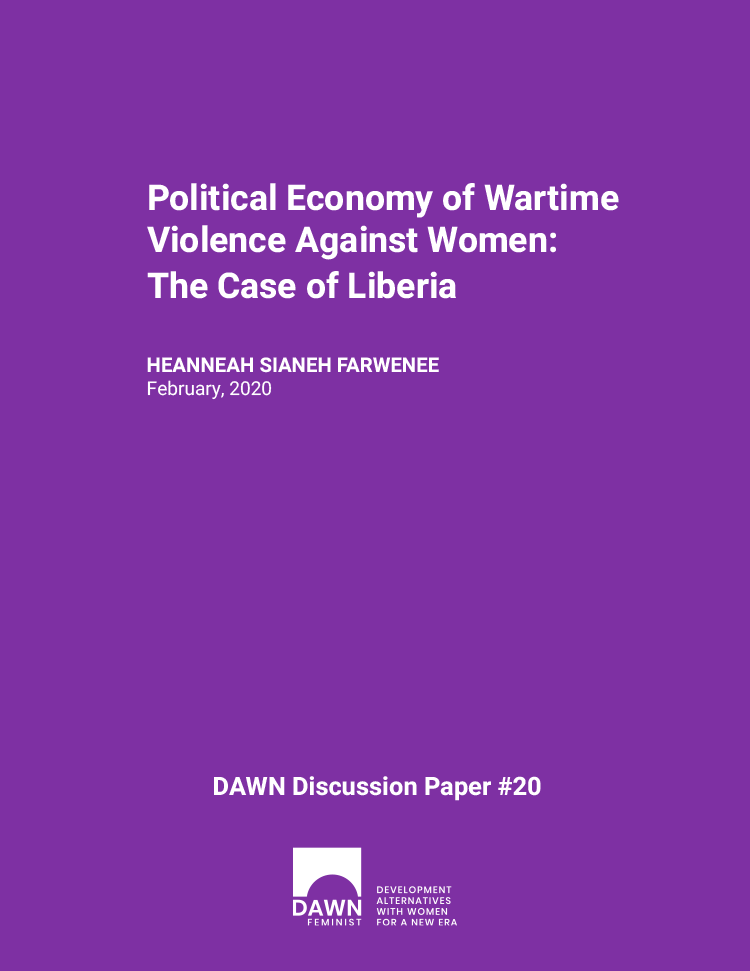Abstract:
Intimate partner violence, which is also wartime violence against women, is an age- old problem across the world. In Liberia, it is still a considerable problem, incredibly prevalent and remains the most widely reported crime affecting hundreds of thousands of women and girls in every socio-economic group. It is the critical barrier to achieving the objective of equality. This study aims to describe the duality of experience and dynamics of intimate partner violence of rural Liberian women and girls with the emphasis on local political-economic processes, armed conflicts, and other crucial crises through structural inequalities in Liberian society. It is hoped that the experiences of the women and girls in this study will foster dialogue on promptly and effectively addressing the wellbeing of women and girls by eliminating all forms of violence in intimate partner relationships.
Introduction
Conflict-related violence against women and girls has been referred to as “one of history’s great silences” (Special Rapporteur on Violence against Women, 2005, cited in Ward 2005 page 67.) In December 1989, civil war broke out in Liberia, resulting in different forms of conflict-related violence perpetrated on women and girls. Violence against women and girls has been a predominant feature in all societies and more so in Liberia, where women do not share the same social and economic rights that men do. There are existing and extreme forms of violence such as rape, sexual harassment, loss of livelihood, forced trafficking, maternal deaths and early marriages contribute to an exceedingly pervasive violation of human rights that has been increasing for the past two decades. According to the Liberian Ministry of Gender, Children and Social Protection 2018 statistics, more than 500 girls are genitally mutilated, more than 200 girls are forced into prostitution and more than 500 women are physically abused by their intimate partners every year in a population of less than five million. (Liberia Ministry of Gender 2019). As the availability of resources evolves, an increasing number of post-conflict local and international NGOs are taking up the issue of violence against women and girls in post-conflict Liberia. Regardless of these efforts, programmes that address violence are grossly inadequate compared to the scope of the problem.
The protection of victims and survivors remains limited to non-existent while prevention initiatives are often ad hoc, and the justice system remains ineffective and often biased. In many instances, lack of government resources to support short-term funding and shifting of donor priorities have undermined sustainability and impact the ability to implement the comprehensive services required to combat violence against women and girls. However, the creation of new challenges for women and girls through economic globalisation and development provide opportunities for advancing women’s economic equality and independence.
This study highlights global political economic processes and their effect on the prevalence of violence against women and girls at all levels within Liberia, with the emphasis on intimate partner violence against rural women through structural inequalities.

